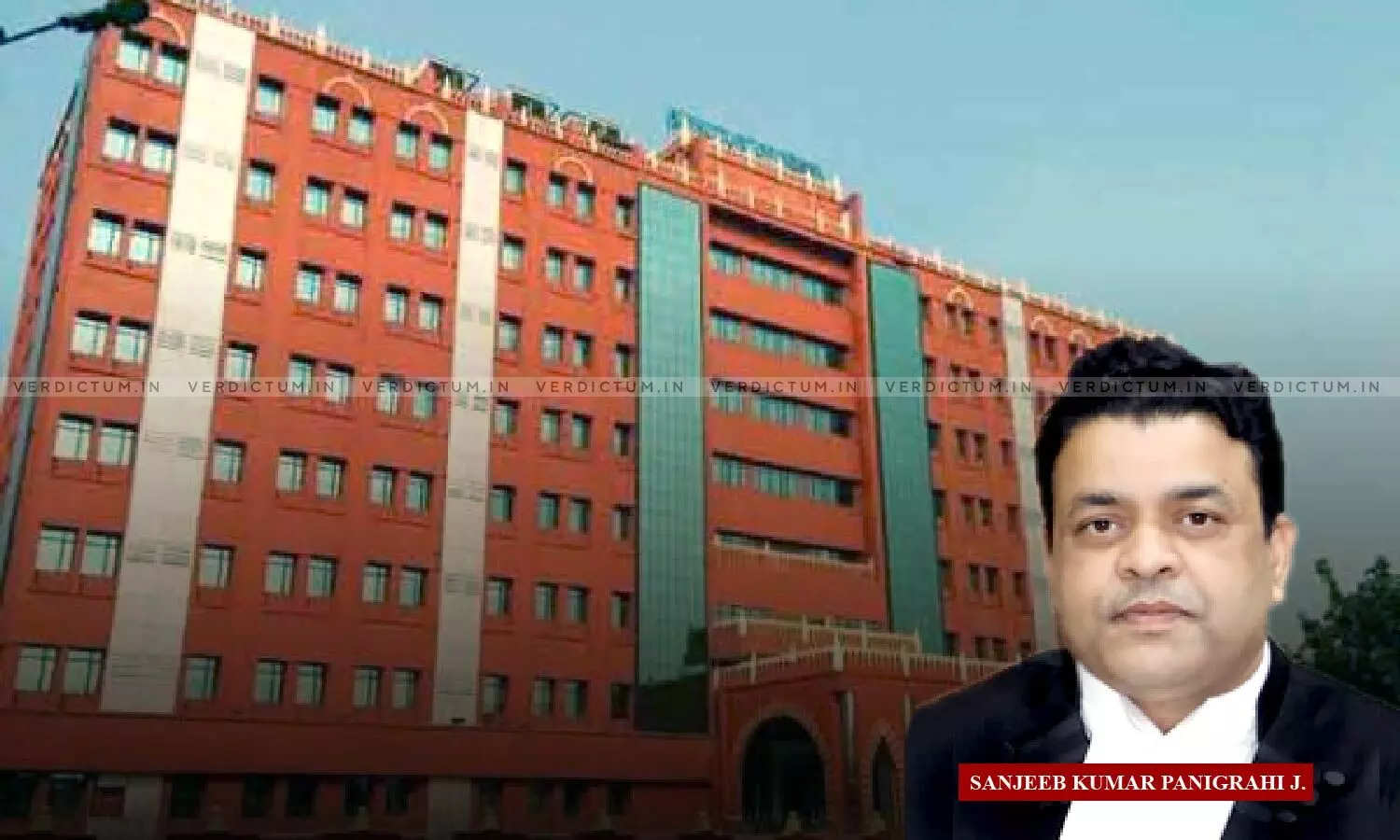
Date Of Birth Recorded In Voter ID Or Voter List Should Not Be Relied Upon To Determine A Person’s Age: Orissa HC
 |
|The Orissa High Court noted that the date of birth recorded in the voter ID/voter list should not be relied upon to determine a person’s age.
The Court observed thus while it ruled against the Insurance Company that rejected the claim solely on the ground that there is a discrepancy in the insured's date of birth in Voter ID.
The Court was hearing a Writ Petition seeking to challenge the award passed by the Insurance Ombudsman where the Tribunal has confirmed the repudiation of the death Claim.
The bench of Justice S.K. Panigrahi observed, “The voter list is compiled based on the statements and particulars provided by the individual, making it self-serving evidence. Therefore, it is unsafe to place significant reliance on it in such matters. Furthermore, the deceased/ insured's voter ID was likely issued during a time when automation, online records, and the internet existed only in a person’s fever dream. It is common for dates of birth to be inaccurately recorded in many documents issued during that period. This case also falls in the category of such case.”
Advocate Debaraj Mohanty appeared for the Appellant and Advocate J.R. Deo appeared for the Respondent.
Brief Facts-
The Petitioner's father held three life insurance policies from the Life Insurance Corporation of India. The Petitioner was named as a nominee in all three policies. Following the death of his father, the petitioner claimed the insurance benefits. LIC settled two policies but repudiated the claim under policy citing a mismatch in the deceased's age. Section 45 of the Insurance Act was invoked to declare the policy void. Petitioner appealed to the Insurance Ombudsman, which dismissed. The tribunal confirmed the repudiation of the death claim due to the alleged suppression of age.
The Court observed, “While a Voter ID card is a widely recognized identification document for civic duties, it is often deemed to be a non- standard proof of date of birth within the insurance industry. This preference stems from the Voter ID’s primary purpose of verifying eligibility to vote rather than establishing a chronological record of one’s birth.”
According to the court, therefore, the insurers tend to favour more authoritative documents, such as school certificates or certified municipal records, to ensure the accuracy and reliability of the insured's personal information, thereby minimising potential discrepancies in coverage provisions.
The Court mentioned the Supreme Court decision in Susil Kumar v. Rakesh Kumar and observed, “date of birth contained in the voter list and the Election Identity Card are recorded as per the statement made by the person concerned and as such are not conclusive proof of date of birth.”
Accordingly, the Court said that the Insurance Company erred in rejecting the petitioner’s claim solely on the ground that the deceased insured’s date of birth, as recorded in the voter ID/voter list, differed from the date of birth stated in his other documents.
The Court noted that there have often been attempts to defraud the insurance companies either by making a claim that does not exist or by exaggerating a claim. The Court said that because of the lack of deterrent punishment, such incidents do not attract sufficient publicity and tend to get tacit approval. “Taking a cue from the more advanced markets where the punitive measures for such offences are really strong, there is a need to at least highlight such incidences, if not strictly apply them at this stage when the awareness levels are still relatively low. It will certainly reduce the number of attempts at defrauding insurers.”, the Court suggested.
The Court said that the insurance agent needs to be trained properly to make the prospective policyholders aware of the implication of giving wrong information at the time of taking the policies.
Finally, the Court allowed the Writ Petition.